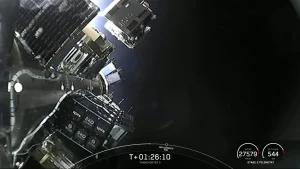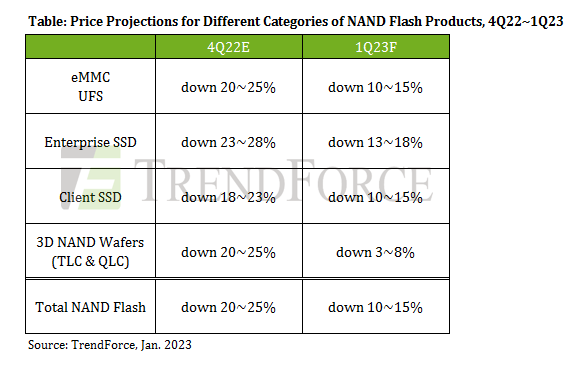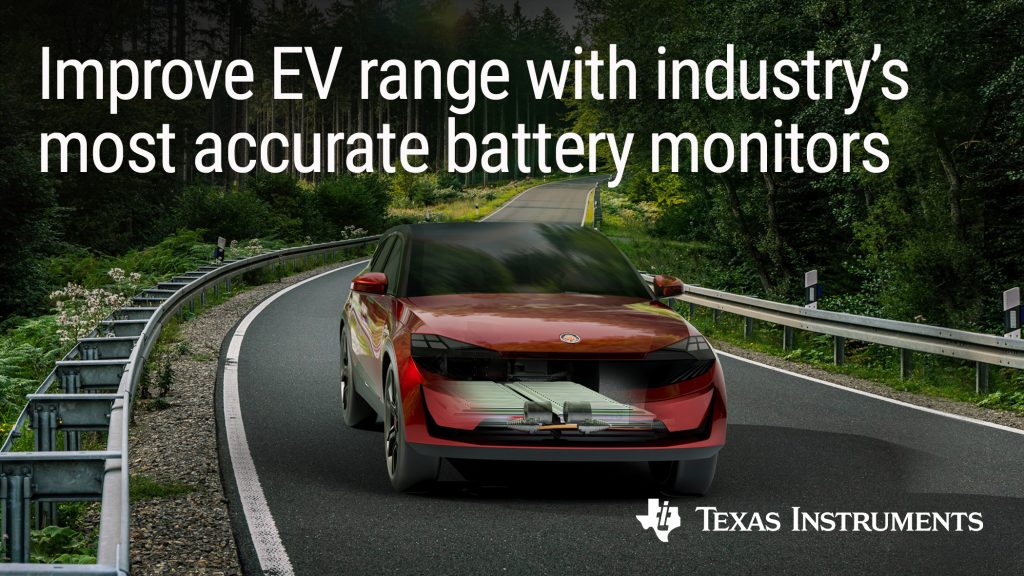
The launch sees the company increase its commercial constellation to 18 satellites, which makes Astrocast one of the top 3 LEO satellite operators in Europe (based on the number of commercial satellites currently in low Earth orbit).
The nanosatellites were using D’Orbit’s ION Satellite Carrier aboard a SpaceX Falcon 9 rocket, for the Transporter-6 mission taking off on Tuesday from Cape Canaveral Space Force Station in Florida.
 SpaceX’s Transporter-6 carried 114 payloads, making it the second-largest rideshare mission ever launched. The moment Astrocast’s four nanosatellites separated from the Falcon 9 is pictured right.
SpaceX’s Transporter-6 carried 114 payloads, making it the second-largest rideshare mission ever launched. The moment Astrocast’s four nanosatellites separated from the Falcon 9 is pictured right.
“This is another major achievement for our team, and our clients will continue to benefit from the growth and innovation taking place across our nanosatellite IoT network,” said Fabien Jordan, CEO and Co-Founder of Lausanne-based Astrocast.
“We are diligently growing our reliable network, improving the overall performance of our global IoT services. We feel great about the progress to date and are on track to meet our goals for 2023 and beyond. This successful launch is a true credit to our team of engineers and IoT experts, and our partnership with D-Orbit.”
The company officially launched its satellite IoT Service in February 2022, offering users access to a bidirectional service and global IoT connectivity in remote locations. Example use cases include remote tracing of water management systems, tracking shipping containers to monitor supply chains or enabling farmers to open gates or manage irrigation systems without need for human interaction.
Network
The Astrocast network first went live in January 2021 with the launch of five nanosatellites.
In June 2021, another five satellites were successfully deployed on the SXRS-5 Spaceflight mission onboard SpaceX Falcon 9 rocket. And, last month, Astrocast launched four Astrocast 3U satellites aboard India’s PSLV-C54 mission with Spaceflight.
Image: SpaceX
See also: Astrocast buys Hiber to consolidate satellite IoT services







